Talent Trends for 2025
26 Nov, 20242:25It’s that time of the year when we look at the talent market and predict talent trends...

It’s that time of the year when we look at the talent market and predict talent trends for 2025, based on current findings from research and interviews.
As we approach 2025, the hiring landscape continues to evolve very swiftly. Some of the major trends shaping 2025 will comprise AI literacy, developing hybrid working models that last and leading with empathy.
Talent trends for 2025
1. AI Skills to Redefine Workplace Synergy
It is safe to say that AI is here to stay, the only way to live with it is to learn how to master and implement it safely in our day-to-day activities. Embracing it will streamline hiring processes, improve productivity and enhance decision-making. But this can only happen if the workforce has upskilled in this respect, to leverage AI technologies effectively.
2. Hybrid Workplaces
According to Statista, the number of Flexi Workers has increased to 4.2 million in the UK, thus implementing policies and practices that support employees’ wellbeing in a hybrid work environment is crucial in today’s workplace.
It's evident that companies prioritising flexibility can attract top talent and retain their best employees. Hybrid working is rising to the next level, comprising inclusion and flexibility by empowering individuals to work in ways that best suit their unique needs and lifestyles. According to a recent survey by the UK Office for National Statistics, 85% of businesses that adopted hybrid working frameworks reported higher overall productivity. It's clear that flexibility and inclusion aren't just trends—they embody the future of work. Championing flexibility and leveraging technology to foster a balanced and productive workforce is the way forward.
3. Upskilling & Reskilling
With AI becoming more and more integrated in our workplaces, skills development has never been more discussed. With some roles becoming outdated, adaptability and continuous learning are key for those not wanting to fall behind. With this in mind, traditional L&D is no longer considered enough, companies will need to foster a culture of lifelong learning, where employees have the possibility to upskill throughout their career. This will offer a great competitive advantage in an ever-changing business environment.
4. Skills-Based Hiring
Businesses are shifting their focus from traditional degrees to becoming skills-based organisations. This change is making the job market more inclusive, allowing more people to apply, and showcasing the real importance of continual learning and growth.
According to The World Economic Forum, by 2025, ’’50% of all employees will need reskilling due to advancements in technology and changing job requirements. ’’ Eliminating degree requirements whilst focusing on skills and experience will also bridge the talent gaps whilst at the same time being more inclusive.
5. Employee Wellbeing and Emphatic Leadership
Leaders are becoming more and more emphatic towards the challenges that employees are facing, more involved in supporting their wellbeing both at work and at home. An emerging culture which promotes both business success and employee wellbeing is on the rise. By fostering an environment where diverse perspectives are valued and integrated, leaders are building healthy and inclusive workplaces, which represent the cornerstone of success.
With DE&I taking centre stage, companies will need to look beyond inclusion policies and demonstrate commitment by creating equitable workplaces.
The future of hiring is bright, with a focus on flexibility, continuous learning, and genuine inclusivity. As we prepare for 2025, it's crucial for businesses to stay ahead of these trends to attract and retain top talent. By embracing these changes, we can build a more dynamic, innovative, and inclusive workforce.



